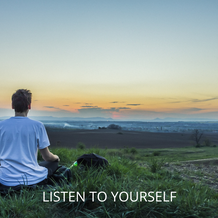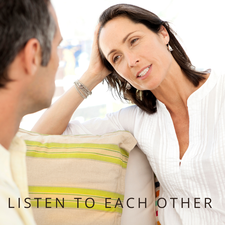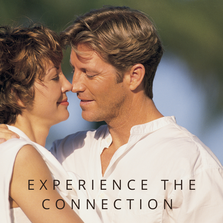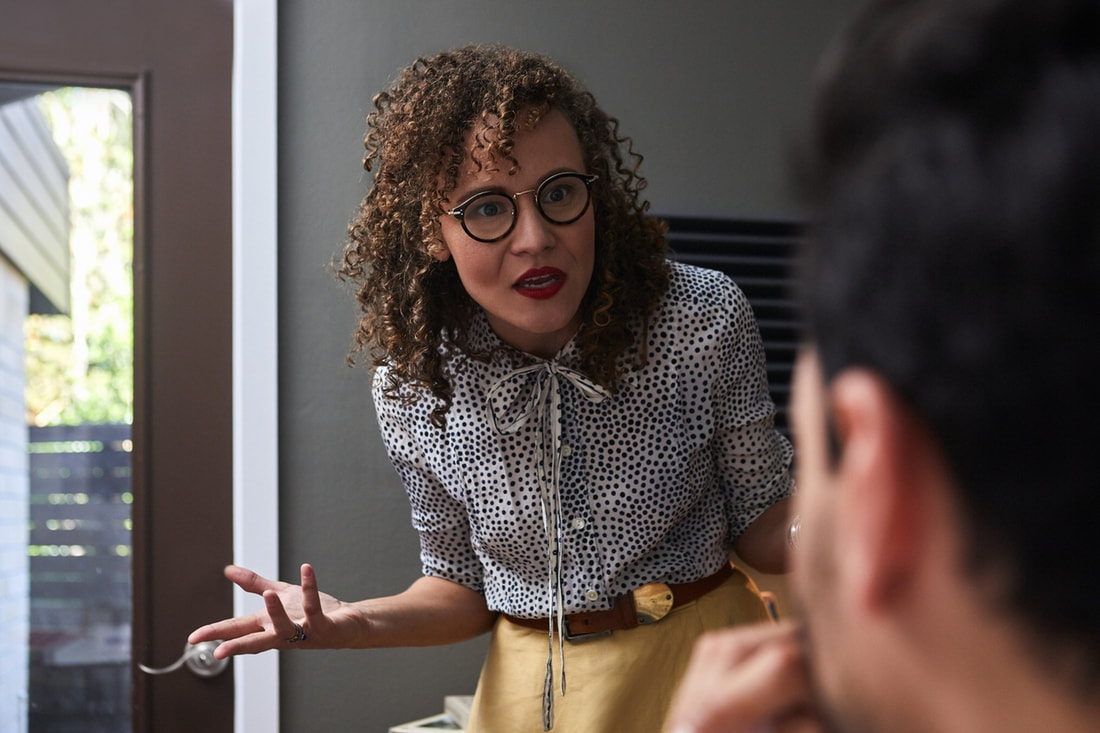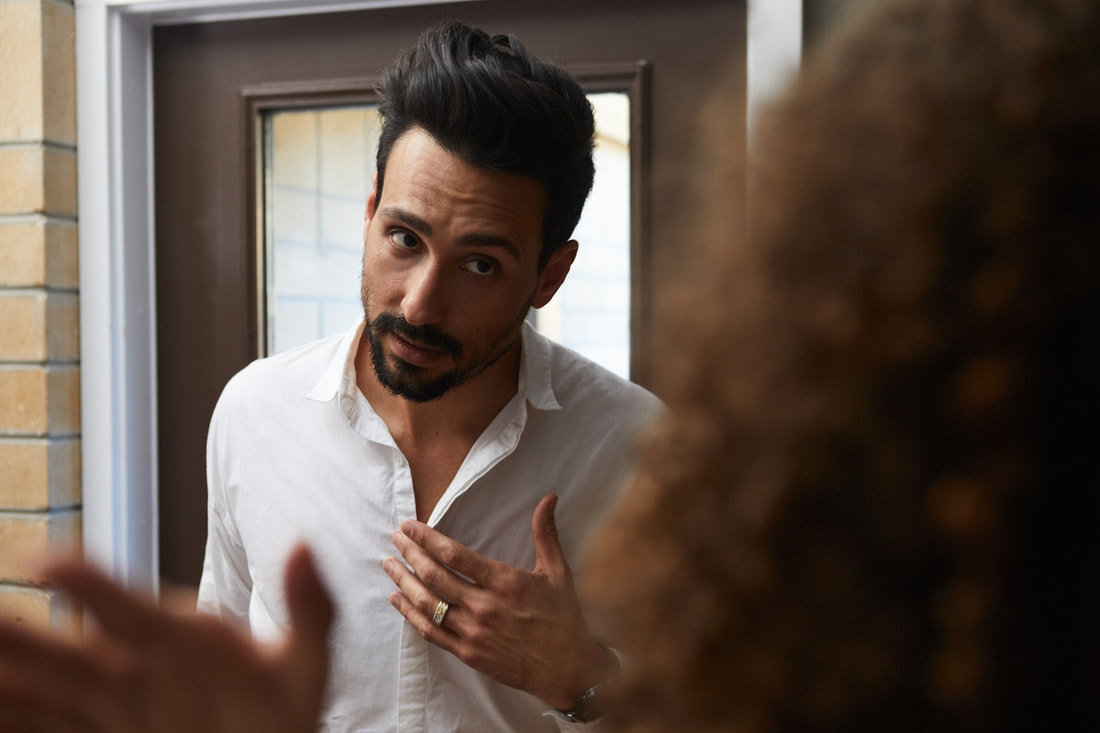A WORKSHOP THAT TEACHES YOU specific skills TO FEEL BETTER ABOUT YOURSELF AND YOUR PARTNER.
tired of REPEATING the same old misunderstandings?
|
This is what happens when you can't talk so your partner can listen.
Or, you can't listen so your partner can talk. |
|
Even good relationships are damaged by unproductive communication.
|
here's what you can learn
1. How to distinguish between your thoughts, your emotions and your "felt sense."
2. How to identify your body's way of registering life experiences-- your bodily felt sense.
3. How to listen to your own experience without judging it.
4. How to create a safe space for your partner to express him/herself.
5. How to apply the experience of a bodily felt sense to problem-solving and decision making.
6. How to provide yourself and others an environment that promotes positive change.
2. How to identify your body's way of registering life experiences-- your bodily felt sense.
3. How to listen to your own experience without judging it.
4. How to create a safe space for your partner to express him/herself.
5. How to apply the experience of a bodily felt sense to problem-solving and decision making.
6. How to provide yourself and others an environment that promotes positive change.
experiencing a "felt sense"
When “Focusing,” we invite ourselves into a particular kind of awareness. Ordinarily, we spend a great deal of our time with our attention on tasks or issues. Often we ignore or even try to silence our inner, bodily-felt experiencing of all that is happening in our lives. In contrast, the "Focusing attitude" is an invitation we offer ourselves to be open and centered on the whole of what is happening in the present -- most especially the usually ignored body’s inner sensations. When doing Focusing, you silently ask, “How is the whole of me experiencing all of this?”
As you wait attentively, something forms inside you that is vague, indefinite, difficult to put into a words. As you try to describe this sensation, maybe a sentence comes, or an image, maybe a word or two. These words or images somehow seem to represent this sensation, even if they seem illogical. It might then become clear that your vague sensations have something to do with specific situations or experiences in your life. For instance, inner sensations of “I feel heavy,” or “It’s like an empty cave inside” might be related to a depressing situation you're facing. An exciting opportunity, on the other hand, might bring up words or images such as, "My whole being feels like it is expanding, getting larger," or, "I feel like a jaguar inside, ready to sprint." Such seemingly opposite sensations can even be present at the very same time.
This vague, not-yet-fully-articulated experiencing is called a “felt sense.” It is more than simply a "gut feeling" or an "intuition," and it is more than thoughts or feelings. The "felt sense" is, rather, the sense of the whole of a situation.
Focusing is the ability to stay with the
felt sense as it develops.
Once learned, Focusing can become a resource in all moments when you want to be in touch with your felt sense, with your intuition and with the wisdom that your body can give you. Focusing permits you to:
- understand what you are truly feeling and wanting
- surmount obstacles, make decisions and solve problems creatively
- become more attentive and friendly to yourself and others
- integrate body, mind and spirit
- find relief from tension and chronic pain
- be independent from external belief systems
- deepen and make more effective the process of counseling and psychotherapy


